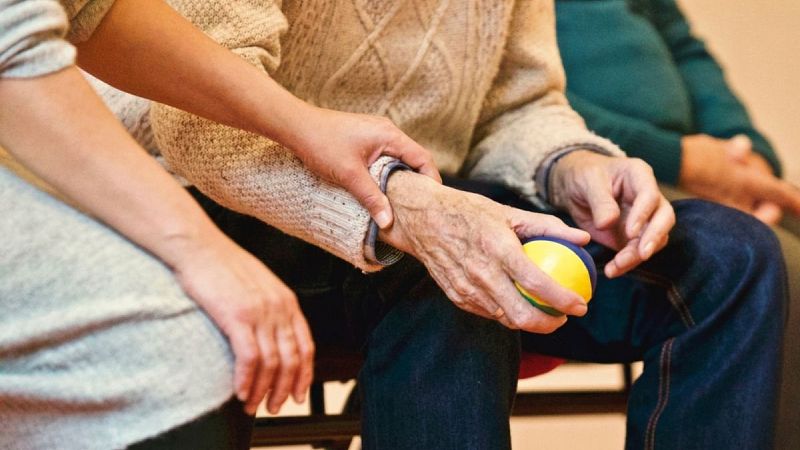European Parliament calls for a strategy on Alzheimer's and dementia

During a plenary session in Strasbourg, MEPs underlined the scale of the challenge: around seven million people in Europe currently live with Alzheimer’s, a number expected to double by 2030.
Dementia represents “one of our most serious public health challenges”, said budget Commissioner Piotr Serafin, who joined the lawmakers during the plenary, stressing that cooperation is crucial in research, diagnosis and treatment, “by acting together we could get faster and better results.”
The Commission launched a Joint Action on Dementia and Health (JADE Health) in January 2025, a three-year initiative supported with €4.5 million from the EU4Health programme.
It aims to help member states improve prevention and early detection, and to provide education and support for relatives, care professionals and other stakeholders.
But the European Parliament wants to go further with a dedicated long-term plan.
“After the European plan against cancer we are expecting the plan for cardiovascular diseases, but we should not stop there,” said Tomislav Sokol (Croatia/EPP), calling for a similar approach to dementia.
Lawmakers highlighted the multifaceted impact of dementia, affecting patients but also carers and healthcare systems. They called for a comprehensive strategy with secure funding, investment in research, and stronger prevention measures.
People with dementia receive on average between one and five hours of informal care per day, usually from family members, according to a Lancet study. This type of care accounts for most dementia-related costs, between 50% and 90% of the total.
Overall, the annual cost of dementia was estimated at between €2,687 and €15,468 per person, ranging from €162.9 million in Estonia to €32.6 billion in Germany.
“We must never overlook patients and their families, who must be pillars of our action. On many occasions carers and families are alone, and their emotional and financial resources become exhausted,” said Margarita de la Pisa Carrión (Spain/ECR).
“By pooling our resources together in areas like the one we are debating today, we can achieve much more, and faster. That is the most important thing for European societies,” concluded Serafin.
Today

